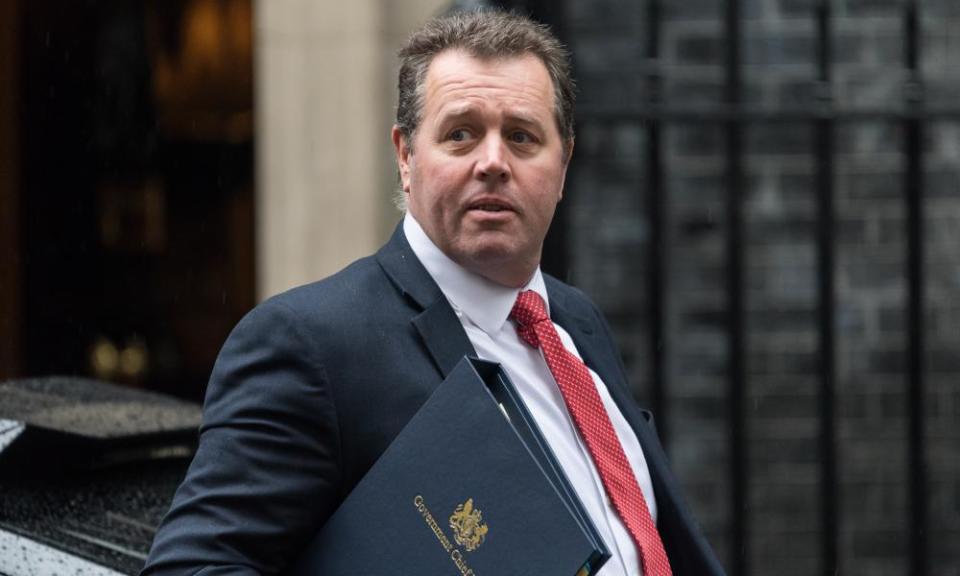Tory whips accused of threatening rebels with loss of local funding

Government whips have been accused of threatening to withhold funding from Conservative MPs’ constituencies in a bid to clamp down on rebellions in key votes.
Some of Boris Johnson’s backbenchers also claimed that would-be rebels who risk losing their seat in an upcoming parliamentary boundary review were warned they might not automatically be selected elsewhere. In addition, whips were accused of telling some in Tory-held marginals that they could lose “critical defence” funding from party headquarters worth up to £10,000.
The moves were said to have been employed to impose discipline and head off embarrassing Commons defeats before a difficult winter for the government.
While party whips have long been known for employing pressure tactics, the allegation by some Tories that there were threats to withhold town deal funding will raise questions over the fairness of its allocation.
The towns fund, designed to boost struggling areas, was announced in 2019 and 101 town deal offers have been made by the government.
In March the Guardian revealed that of the first £1bn released under the scheme, 39 of the 45 places it went to were represented by Tory MPs. At the time, the chancellor, Rishi Sunak, rejected accusations of “pork barrel politics”, saying the formula was “based on an index of economic need” published by Whitehall and “based on a bunch of objective measures”.
More recently, the chief whip, Mark Spencer, is said to have told some potential rebels in marginals that party funding to retain their seat at the next election could depend on their loyalty to the government. “My pen hovered over your name,” he is alleged to have said.
Nevertheless, the pressure put on MPs appears to have worked: some would-be rebels said in private that the techniques had stopped them voting against the government when they had planned to.
Caroline Slocock, director of the Civil Exchange thinktank, said: “Every government uses tough tactics to curtail rebellions from its own side on key votes. But it is shocking if government whips are promising to hand out public money (or deny it) to their MPs to buy votes.
“Public funds should be allocated following clear criteria based on need, with due process. If these allegations are true, the government risks undermining confidence in government – something more important than winning one vote.”
There have also been more positive attempts to engage with restless backbenchers. Before the summer, some were invited to meetings with No 10 policy chiefs and asked to bring solutions for issues the government should be tackling.
Some insiders defended Spencer. One called him “the best chief whip since the days of Patrick McLoughlin”, who served during the first two years of the coalition government.
One Tory MP noted: “It’s not like the [Theresa] May government where the whips need to go heavy-handed because every vote was on a knife-edge. The government’s majority is such they don’t need to go ballistic with everybody.”
Steve Reed, the shadow communities secretary, said: “This shows again that the Conservatives treat public money like it’s their own. Boris Johnson is bullying his own MPs into breaking the promises they made, but it’s people in our communities who will suffer. The Conservatives aren’t interested in investing in our towns. They are only focused on taking money out of the pockets of working people with tax hikes and a cut to universal credit.”
Conservative campaign headquarters was contacted for comment. A Tory source said Spencer was “always happy to offer support to those colleagues who he finds in the government lobby” and another insisted “engagement with colleagues is totally normal”.
It comes amid speculation of a cabinet reshuffle that some believed would happen last week. Frontbenchers suspected Johnson deliberately did not play down the idea before a vote on the health and social care levy, in an attempt to keep the number of rebels to a minimum. While the threat of a reshuffle has only partially subsided, it is not expected to happen on Wednesday.

 Yahoo News
Yahoo News 